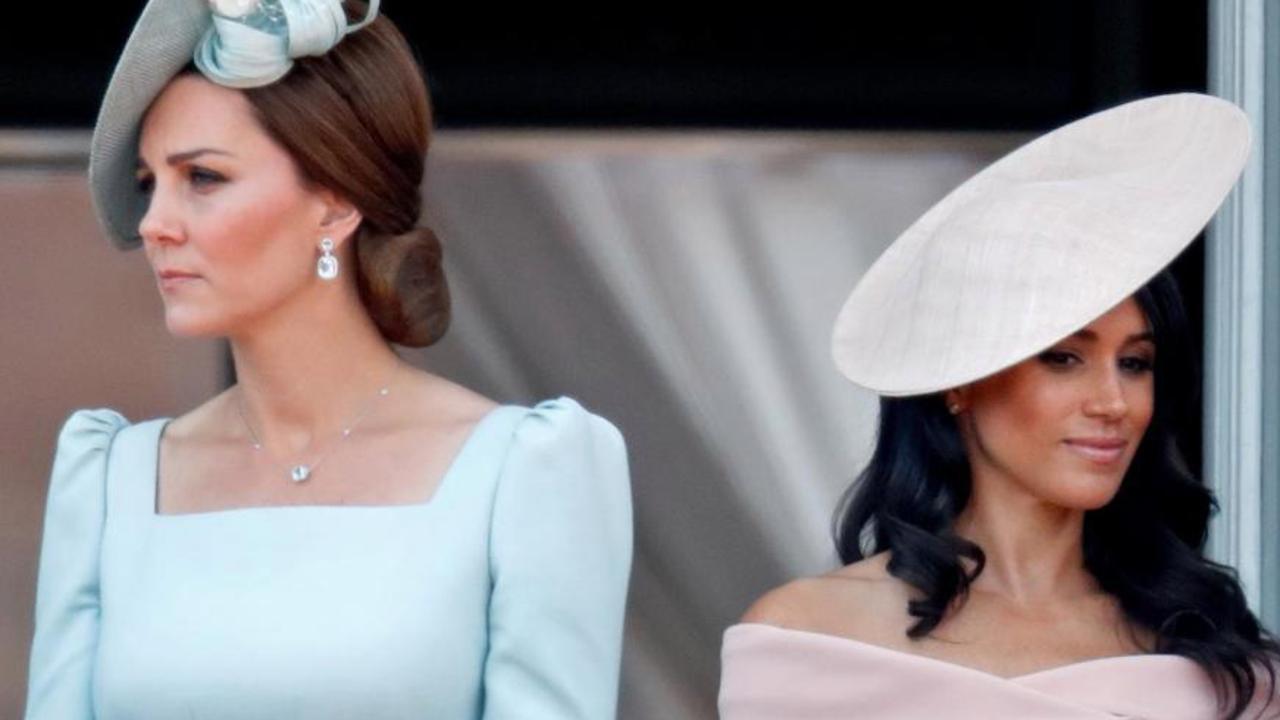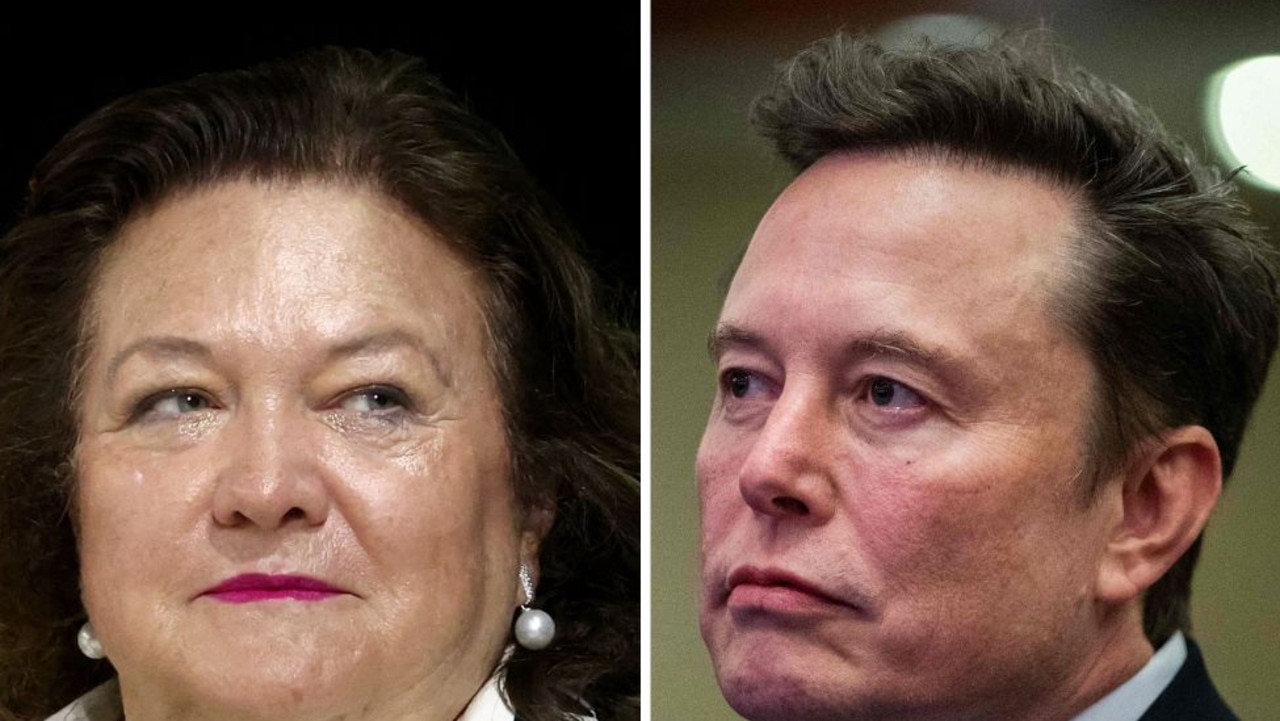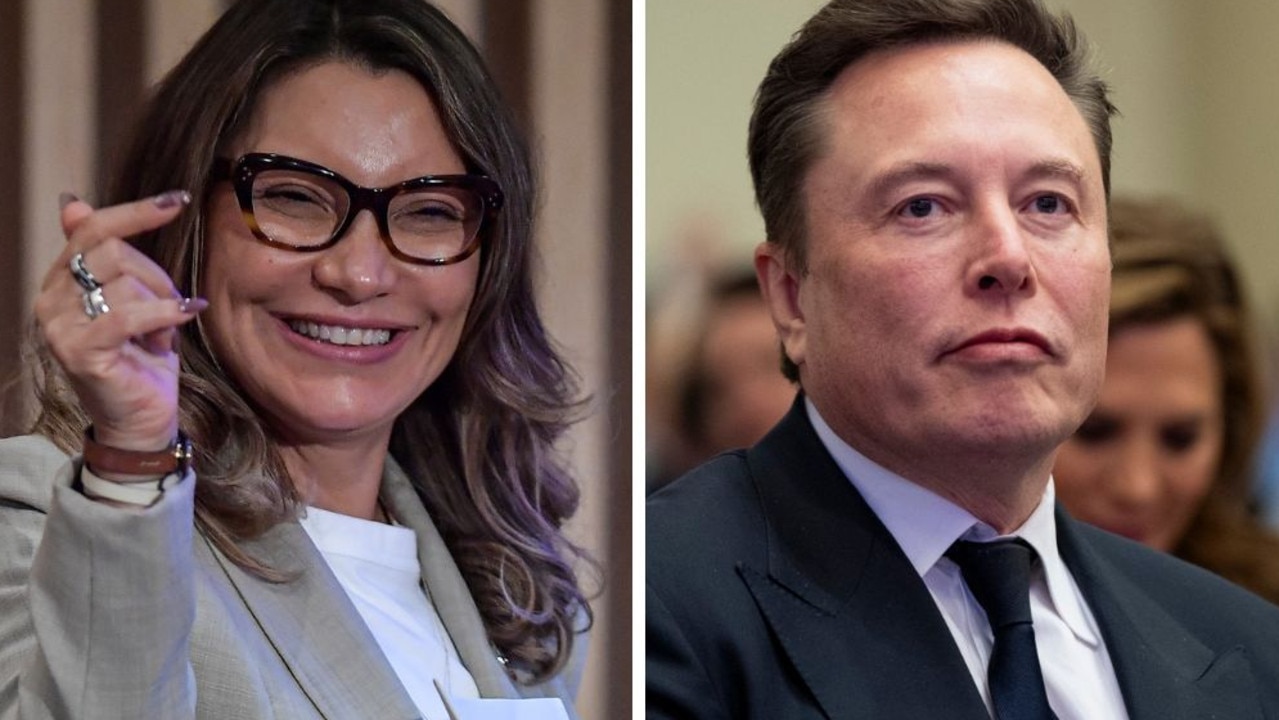Aussie psychologists weigh in on royal fans’ nasty online war
Forget Brexit. There’s another issue that’s deeply dividing Brits — and it all comes down to “rival” Duchesses Kate Middleton and Meghan Markle.

As the Brexit debacle rages on, another issue bitterly dividing the British public has emerged — a fierce, often brutal rivalry between fans of the Duchesses of Cambridge and Sussex.
This week, Kensington Palace staff broke their silence about the unprecedented level of vile abuse directed at both women on social media recently.
Sources told Hello! employees were spending hours every week moderating sexist, racist and even violent comments made about both royals.
• ‘Waste of money’: $235 event slammed
• Wedding drama sparks $1.2 million idea
“The Palace has always monitored comments but it’s a hugely time-consuming thing. They can block certain words, but some of it is quite serious,” a source told the publication.
“Over the course of last year, with hundreds of thousands of comments, there were two or three that were violent threats.
“You can delete and report and block people and the police have options around particular people. It’s something you have to manage because there’s no other way to control it.”

The news won’t come as a shock to anyone who has seen posts about Meghan Markle or Kate Middleton recently, with Twitter emerging as a cesspool of hate against them both.
In fact, while many fan accounts have been created to celebrate both royal wives, others purely devoted to tearing them down have also emerged.
In recent weeks, the hashtags #CharlatanDuchess, #megxit and #moonbump have been used to hurl abuse and denigrate the former Suits star, with many anti-Meghan social media users claiming the former actor is “faking” her pregnancy.
There’s also no shortage of insults levelled at the Duchess of Cambridge, with many criticising her appearance and work ethic.
But while online trolls are nothing new, the extent of the abuse and the level of vitriol directed at the pair is extraordinary — and could be symptoms of psychological phenomena.
Counselling psychotherapist Dr Karen Phillip told news.com.au personal experiences could cause an individual to either identify with or react negatively to public figures like Kate and Meghan.

“People judge very quickly and we often connect our own experiences to those in the media, therefore, many who have felt betrayal, aggression, favouritism within the family, especially from a rival female, will react. There seems to be many who have felt this,” she said.
“We make up our own mind based on snippets of information we choose to absorb while leaving other relevant parts of information out. Hence we make a judgment and vocalise what we believe we know to be true.
“We feel like they are part of our family. We follow their lives, loves, problems and accomplishments.”
Meanwhile, psychologist and clinical director of MindMovers Psychology, Jaimie Bloch, told news.com.au the phenomenon of “BIRGing” — or basking in reflected glory — also seemed to be a factor.
“It’s when individuals associate themselves with someone they perceive as successful …. and take that person’s success like it’s their own accomplishment,” she said.
“When the person is attacked in the media, you also feel attacked, and you become defensive. It’s like someone is saying something about you, and you have a really intense emotion to protect the person.
“It’s a tribal, fight or flight response when you identify with someone who represents everything you want.”

She said attacks against the two royals were also evidence of Tall Poppy Syndrome, which occurs when people try to discredit high-profile people due to their success.
And she said support for the Duchesses had also become linked to national pride, with those from the US more likely to support Meghan, while many of Kate’s fans hailed form the UK.
Dan Auerbach, a psychotherapist with Associated Counsellors & Psychologists Sydney, said certain people became “reactionary” — and more likely to troll celebrities on social media — when an image they strongly associated with stability, such as the royal family, was “threatened” by a new person or event.
“When something or someone enters that doesn’t meet our expectations, we can start to feel very shaky,” he said.
“I imagine there is something about Meghan that doesn’t meet people’s expectations — she’s an American actress who was previously married with bi-racial heritage, and a lot of those things may not fit into people’s narrow expectations for the royals.

“Another thing that can unsettle people is when they are already feeling unsettled by another event — for example, domestic financial insecurity, politics, Brexit or racial tensions — they start to locate their fear in one person or one event.
“They may genuinely believe that’s where the threat is coming from — they think, ‘why am I feeling so unsettled? Oh, it’s Meghan’ — and they might feel this person needs to be stopped or got rid of.”
Continue the conversation @carey_alexis | alexis.carey@news.com.au




